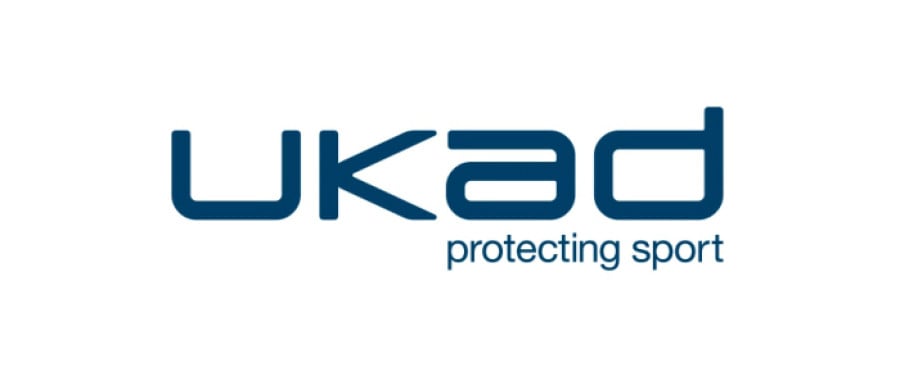Statement in relation to the Athlete Biological Passport and sharing of athlete data
UK Anti-Doping (UKAD) Chief Executive, Nicole Sapstead said:
“UK Anti-Doping (UKAD) advises any athlete that it is their choice as to whether to share personal medical information, which has been collected during the anti-doping process."
“UKAD will never disclose or discuss individual athlete data or personal information. We must uphold and protect an athlete’s right to privacy."
“UKAD has a robust Athlete Biological Passport (ABP) system in place and we are confident in our systems. The ABP has an important role to play in protecting clean sport and deterring athletes who may consider doping."
“The ABP is a long-term monitoring tool. It is designed to identify variations in behaviour, which in turn can lead to an athlete being targeted for further action, or prosecuted for doping. This makes the ABP an important and effective deterrent to doping."
“There will always be athletes who try to cheat their way to success. Sadly, this is human nature. But by using tools such as the ABP; storage and retrospective testing of samples for up to 10 years; and by adopting an intelligence-led testing model, UKAD is confident it has reduced, and will continue to reduce, the number of athletes who want to cheat. If an athlete chooses to cheat, we are in a better position now, more than ever, to catch them.”
To find out more about the Athlete Biological Passport, read UKAD’s Head of Science and Medicine, Nick Wojek’s, blog – “Why the Athlete Biological Passport is Important for Clean Sport.”




